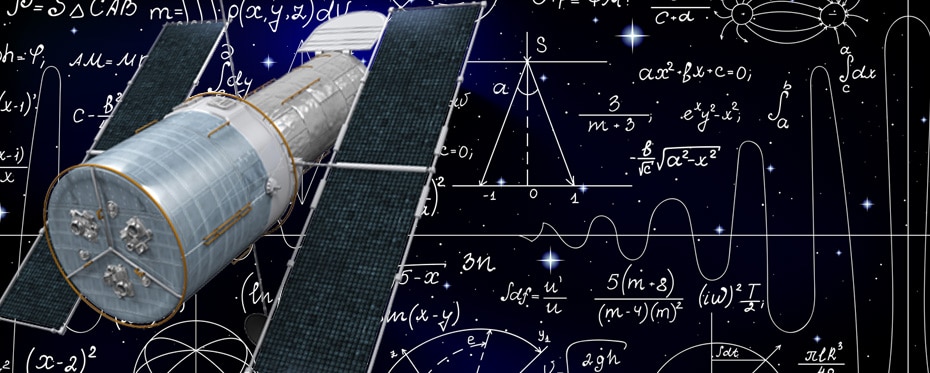Tag: University of Cambridge
Data-sharing for a greener future: How can JIDEP contribute?

As the global push toward sustainability moves beyond a trend to becoming necessary, we must address the inertia and challenges in securing a circular economy. JIDEP – a joint project by manufacturers, technology companies, and leading research organisations – proposes an ambitious but technically astute way to encourage companies to share valuable data. Industrial progress has long been defined by […]
Read More… from Data-sharing for a greener future: How can JIDEP contribute?
New approaches to high-resolution geological simulations

Geological and reservoir modelling are critical for geological exploration, resource extraction, and geoengineering projects. Current workflows and datasets record geological variations on metre or decimetre scales. However, many relevant geological structures exist at sub-centimetre scales. Dr Achyut Mishra and Professor Ralf Haese at the University of Melbourne, Australia – part of the international research consortium GeoCquest – have developed a […]
Read More… from New approaches to high-resolution geological simulations
Advancing imaging biomarker development and translation through the National Cancer Imaging Translational Accelerator (NCITA)

It is estimated that someone is diagnosed with cancer every two minutes in the UK. Clinical imaging offers a minimally invasive way of diagnosing and managing a variety of cancers. The National Cancer Imaging Translational Accelerator (NCITA) consortium now provides researchers with the infrastructure to conduct high-quality, multi-centre clinical research in the quest to develop standardised imaging biomarkers and accelerate […]
The Winton Centre: A vital time for nuanced risk communication

The Winton Centre for Risk and Evidence Communication, based at the University of Cambridge, UK, was established with a simple belief: that everyone deserves to hear accurate evidence concerning matters which are important to their lives. Never has this core tenet been so vital, or so widely scrutinised, as during the COVID-19 pandemic. We spoke with the Centre’s Executive Director, […]
Read More… from The Winton Centre: A vital time for nuanced risk communication
Is wood ash a silent killer in sub-Saharan Africa?

Traditional cookstoves fuelled by locally sourced wood are found in homes across sub-Saharan Africa. Some 70% of the population use traditional cookstoves to burn wood, and as a result produce 19 megatonnes of ash every year across the region. The ash is generally dumped nearby or scattered on farmland, but what exactly is in the ash? Quantifying the amounts of heavy […]
Read More… from Is wood ash a silent killer in sub-Saharan Africa?
Reconstructing astronomical images with machine learning

Much of what we know about how our universe works has been learnt by analysing the astronomical signals captured from the sky. However, these signals will inevitably have some noise associated with them – so how can astronomers be sure that their observations of strange, unexpected signals reflect reality? Edward Higson at the University of Cambridge and his colleagues have […]
Read More… from Reconstructing astronomical images with machine learning